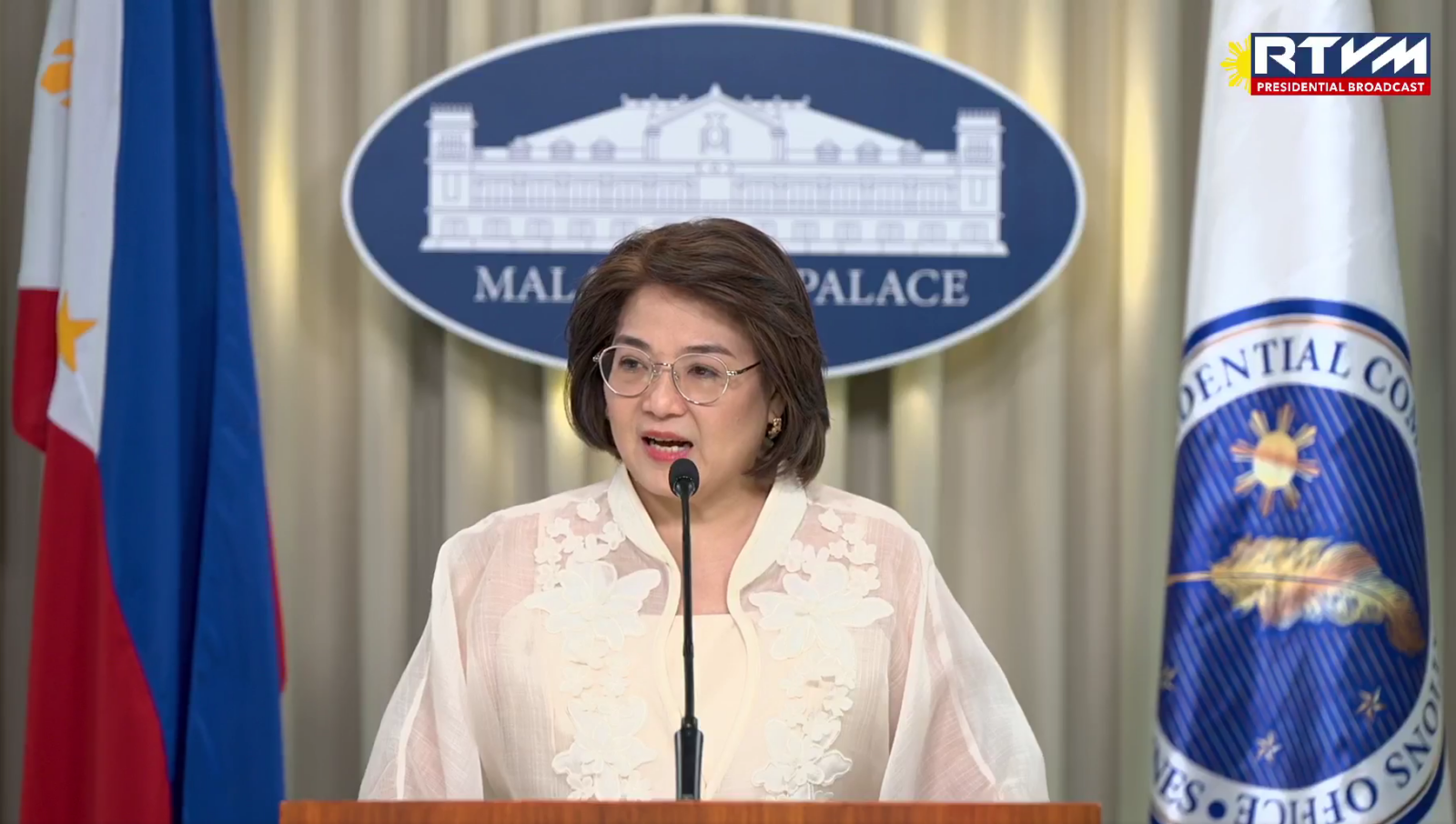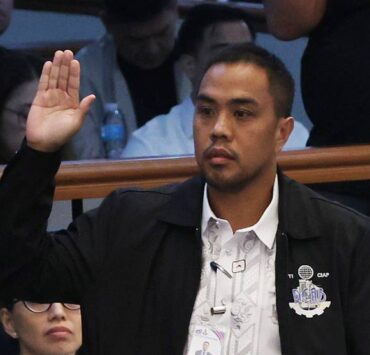Palace order to review 2026 budget not limited to DPWH

Malacañang on Thursday called on other government agencies to make an initial review of their respective budgets under the 2026 National Expenditure Program (NEP) to avoid delays in ongoing budget deliberations at the House of Representatives.
The move came after lawmakers found questionable line items besides those discovered in the proposed budget of the Department of Public Works and Highways (DPWH).
“It will be prudent for other agencies to review their budget proposals because there might have been proposals inserted that should not have been included,” Palace press officer Claire Castro said.
The Malacañang statement came after House leaders also found questionable line items in the 2026 NEP involving other agencies.
They cited the Department of Health’s P1-billion allocation for the beautification of its offices; an P8-billion unsolicited proposal for the purchase of firearms for the Philippine National Police, which is under the Department of the Interior and Local Government; and reports of “allocation-for-sale” schemes in the Department of Agriculture’s budget for farm-to-market roads.
“The President already ordered a sweeping review of the proposed budget of the DPWH. The DBM (Department of Budget and Management) and the DPWH are evaluating this and commit to correct what needs to be corrected,” Castro said.
“So if other agencies’ budget proposals are found to have the same issues, then the President will also give the same directive to them,” she added.
Castro said the budget process is still within schedule, with the President expected to sign the Congress’ spending bill before the end of the year.
Failure to do so would result in a reenactment of the 2025 budget, considered by watchdogs to be the most corrupt budget in history.
Vigilance
Given the questionable items disclosed by lawmakers, a civil society organization (CSO) on Thursday challenged the DBM to do a better job of screening the NEP.
In an interview with the Inquirer, Roland Simbulan of the Center for People’s Empowerment in Governance (Cenpeg) said the DBM’s failure to screen these items “make[s] it easier for unscrupulous people, from contractors to congressmen to DPWH officials, to take advantage of the loopholes and make it more vulnerable to corruption.”
“The DBM is supposed to be the first screening for the budget since it is the one requesting proposals from the agencies, before they consolidate it and submit it as the NEP,” he said. “This lack [of vigilance] makes it easier for those who have intentions of corrupting the system.”
Simbulan said the House party leaders’ proposal to return the NEP to the DBM—now withdrawn—would have “sent a strong message to the DBM and to Pangandaman that they are not doing their job.”
“We would support that move especially if they think that the working paper that they were given, if it thinks it is not ripe for the budget hearings,” he added.
Ensure timely COA reports
Cenpeg is one of the organizations accredited by the House of Representatives to participate in the 2026 national budget deliberations.
Simbulan added that they would also lobby for the House committee on appropriations, led by Nueva Ecija Rep. Mikaela Suansing, to review the provision in the upcoming 2026 General Appropriations Act (GAA) that would ensure the timely release of Commission on Audit (COA) reports.
From 2023 to 2025, the GAA hammered out by both chambers of Congress has included a provision that mandates agencies to submit to the COA a status report taken on its audit observations and recommendations (AAR) within 60 days.
During the budget deliberations for COA last year, Assistant Commissioner Alexander Juliano said this clause meant that they would first have to wait for the agency to respond to their initial findings before they could publish the AAR.
Had COA been releasing the AARs early, Simbulan said, “a lot of these issues would not have happened in the first place.”
Suspension
The Makabayan bloc in the House of Representatives, meanwhile, called for more radical solutions to the budget crisis, including suspending all new allocations for flood control.
In a joint statement, ACT Teachers Rep. Antonio Tinio and Kabataan Rep. Renee Co slammed plans to return the NEP to the DBM as mere “damage control” and warned that cosmetic changes “would not address the systemic nature of corruption.”
“Even if the NEP is returned to the DBM and DPWH, corruption will not be eradicated because it is built-in to the system,” Co declared.
They challenged Mr. Marcos to take accountability for the failures in the NEP and to suspend new flood control projects pending proper audits and review of existing undertakings and the development of scientific, people-centered flood mitigation programs.
“Pending a comprehensive review, the P275 billion for flood control programs in the 2026 budget should be realigned to education, health care and housing first,” they said.
They also called for a ban on contractors with connections to lawmakers and government officials from participating in any public bidding for infrastructure projects.

















